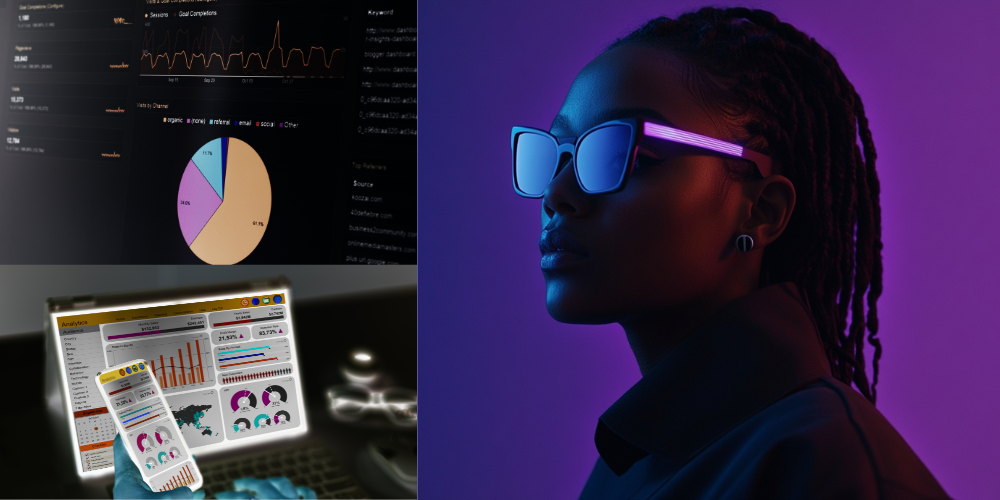In 2025, AI-powered influencer marketing is revolutionizing how brands connect with their audiences. With the rise of Gen Z and Millennials, traditional marketing strategies are evolving, and Artificial Intelligence (AI) and Machine Learning (ML) are playing a pivotal role in optimizing influencer collaborations, maximizing engagement, and delivering data-driven campaigns.
How AI is Changing Influencer Marketing
The creator economy is booming, and AI is making influencer marketing more precise, efficient, and ROI-driven. Here’s how:
1. AI-Powered Influencer Discovery
- AI tools analyze millions of social media profiles to identify influencers whose audiences align with a brand’s target market.
- Platforms like Upfluence, HypeAuditor, and Influencity use AI to assess authenticity, engagement rates, and audience demographics.
2. Predictive Analytics for Campaign Success
- AI-driven data insights help brands forecast campaign performance based on influencer content history and audience response.
- Predictive modeling enhances ROI by suggesting optimal posting times, content styles, and engagement strategies.
3. AI-Generated Content & Personalization
- AI tools like ChatGPT and Jasper assist influencers in creating highly engaging captions, video scripts, and blog content.
- Personalized content recommendations ensure posts resonate with specific demographics, locations, and interests.
4. Fraud Detection & Authenticity Verification
- AI identifies fake followers, engagement fraud, and bot-driven accounts, ensuring brands collaborate with genuine influencers.
- Platforms scan for spammy behavior, sudden spikes in followers, and low-quality engagement to maintain transparency.
5. Performance Tracking & Real-Time Optimization
- AI-driven analytics measure impressions, engagement, conversion rates, and brand sentiment in real time.
- Brands can adjust campaign strategies on the fly based on data-driven insights for maximum impact.
The Impact of AI on Influencer Marketing in 2025
1. Hyper-Targeted Campaigns
AI helps brands match influencers with highly relevant audiences, increasing conversions and brand loyalty.
2. Cost-Effective Collaborations
AI streamlines the process of identifying the best influencers for budget-friendly, high-impact partnerships.
3. Enhanced Authenticity & Trust
With AI detecting fraud and optimizing collaborations, consumers are more likely to trust influencer recommendations.
Challenges of AI in Influencer Marketing
- Over-Reliance on Data: AI can’t replace human creativity and authentic storytelling.
- Privacy Concerns: AI must comply with data protection regulations (GDPR, CCPA) to safeguard consumer privacy.
- Bias in AI Algorithms: AI models should be trained on diverse datasets to avoid skewed influencer selections.
Future Trends in AI-Driven Influencer Marketing
- AI-Generated Virtual Influencers: CGI-based influencers like Lil Miquela are redefining brand partnerships.
- AI-Powered Video & AR Experiences: AI will enhance influencer content with interactive storytelling and AR filters.
- Voice & Conversational AI: AI will integrate with voice assistants and chatbots to create influencer-led brand interactions.
Conclusion
The fusion of AI and influencer marketing is shaping the future of brand engagement. As AI continues to refine influencer selection, campaign personalization, and performance analysis, brands that embrace AI-driven influencer strategies will gain a competitive edge in the digital landscape.



